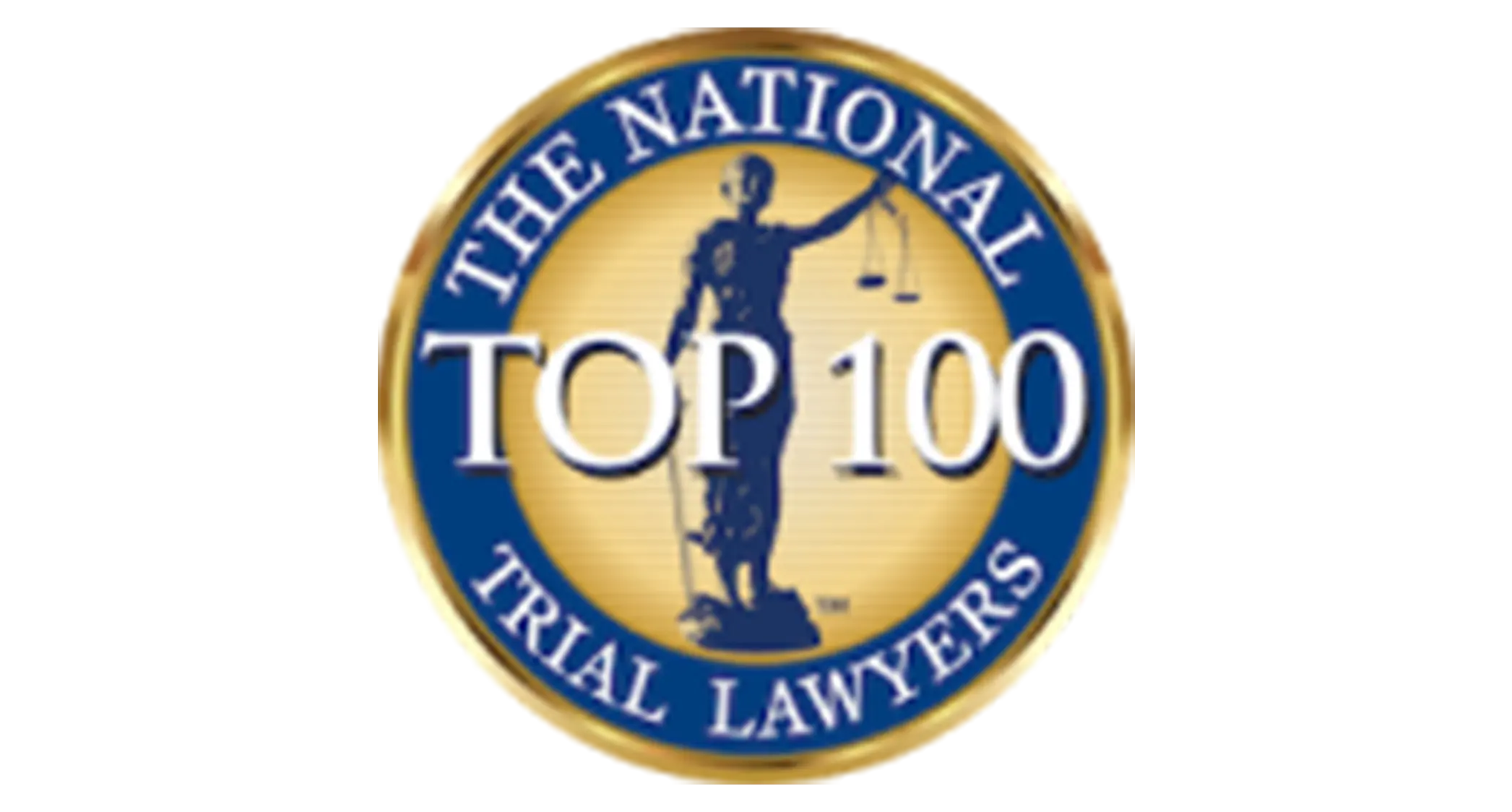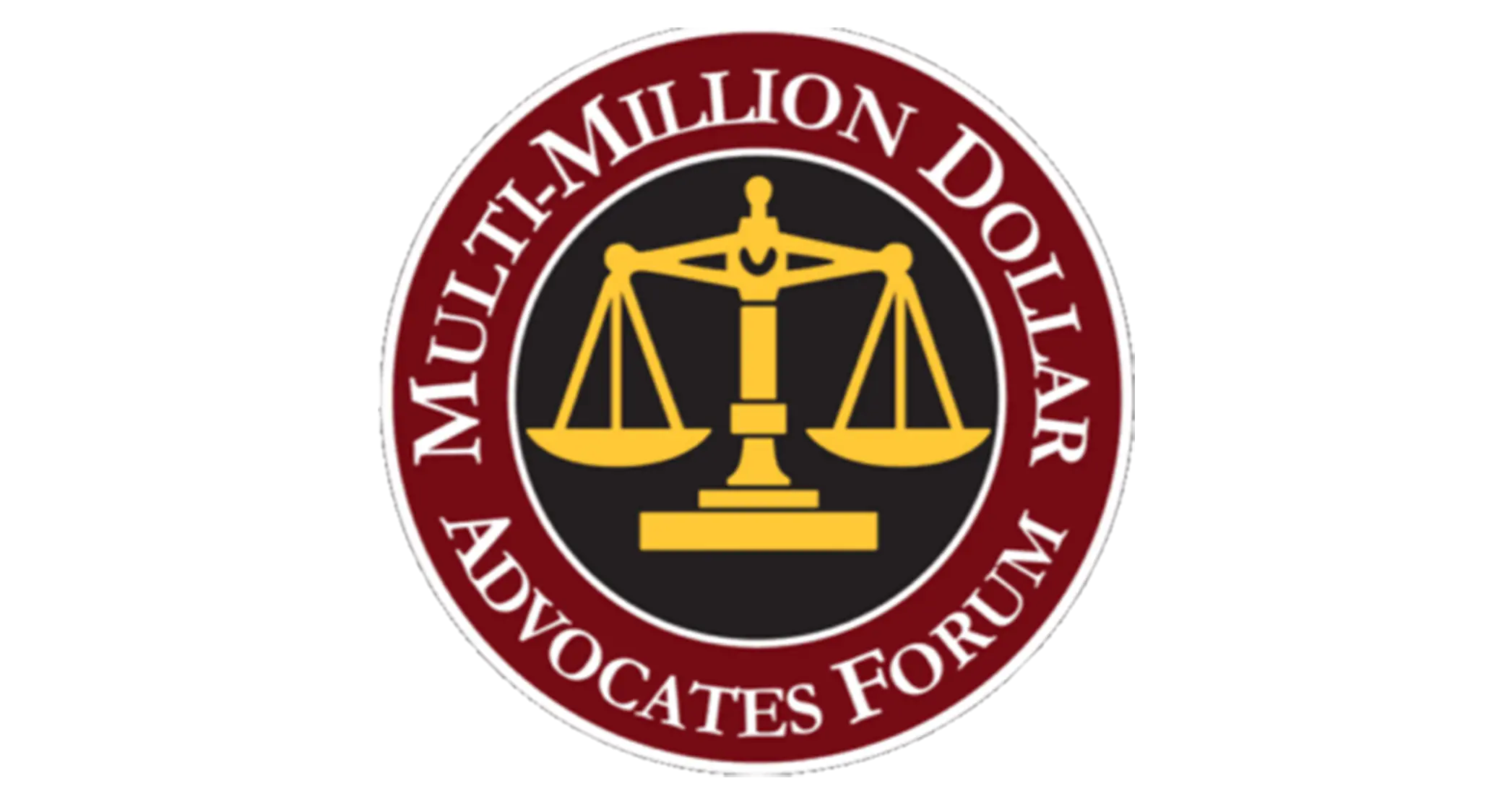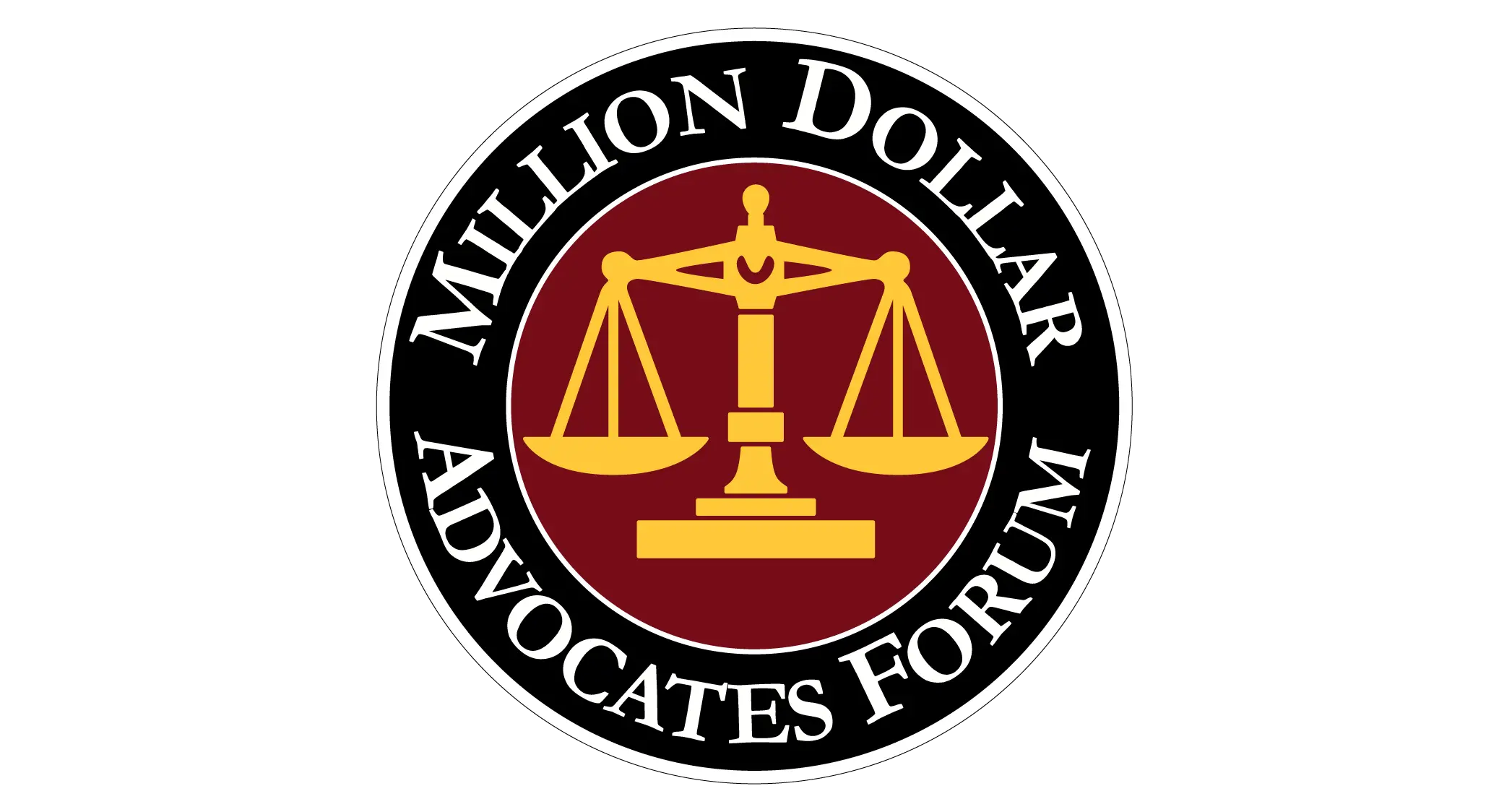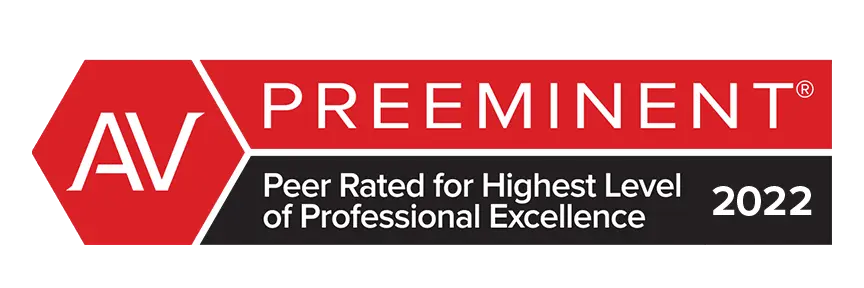Needed Stat: Medicare Fraud Whistleblowers
Healthcare costs in America are rising. That statement comes as no surprise to anyone who has recently paid a healthcare insurance premium or medical bill. According to the Centers for Disease Control and Prevention (CDC), in 2013 our total national health expenditures reached $2.9 trillion. The year 2013 is the most recent one for which we have firm figures, but the estimated amount of money spent nationally on health care in 2014 is $3.06 trillion.
According to The National Heath Care Anti-Fraud Association, a conservative estimate of how much fraud exists in the total healthcare expenditure figure is 3 percent. If we use the estimated total expenditure figure for 2014, that’s a staggering $92 billion. Remember, 3 percent is a conservative estimate; some believe that fraud runs as high as 10 percent, which would mean roughly $306 billion in 2014 was lost to fraud.
The numbers above are for all healthcare fraud, not just Medicare and Medicaid. However, according to the New York Times, fraud and overcharging are estimated to add up to 10 percent of Medicare’s costs every year. In 2013, that meant about $60 billion, but the administration recovered only $4.3 billion of it. Clearly, more help is needed to recover money taken fraudulently.
What Constitutes Medicare Fraud?
Medicare fraud, which generally means submitting false billings to the government and getting paid for them, is illegal and can take several forms:
- Billing for services or equipment that were never given to patients
- Billing the government for new equipment but giving the patient used equipment, or billing for deluxe equipment and giving the patient standard equipment
- “Upcoding” a procedure or office visit (assigning inaccurate billing codes that result in a larger payment from Medicare)
- “Unbundling” a procedure or office visit (breaking a service into individual components in order to submit them as separate claims, thereby obtaining more money from Medicare)
- Charging more than once for the same service, often under different codes.
- Running lab tests which were not requested by the physician but are billed by the lab.
- Bribing someone for their Medicare number so it can be used to submit false claims.
- Providing substandard nursing home care and seeking Medicare reimbursement.
Billing for services or equipment that was never provided, upcoding, and unbundling are some of the more common ways that Medicare is defrauded.
How Can Medicare Fraud Be Stopped?
Unfortunately, this is the biggest of the big questions, with no easy answers. But some progress has been made in stopping fraud. In May of 2009, the Department of Health and Human Services (HHS) and Department of Justice (DOJ) created the Health Care Fraud Prevention and Enforcement Action Team (HEAT). Their actions have led to charging more than 1,500 defendants responsible for more than $5 billion in Medicare fraud since 2009. In 2015, HEAT coordinated a fraudulent billing takedown to the tune of $712 million. That’s the largest health care fraud in U.S. history.
A case in which three employees blew the whistle on Adventist Health Systems of Altamonte Springs, FL, resulted in a record total settlement of $118.7 million. The suit was brought under the qui tam provisions of the False Claims Act, which permits individuals to file a suit on behalf of the federal government for false claims. The Act also allows the whistleblower(s) to share in any financial recovery, normally from 15 to 30 percent of the total recovered. In the Adventist case, the whistleblowers’ share has not yet been decided.
The False Claims Act — also known as the Whistleblower Act, Qui Tam Statute or Lincoln Law — gives any citizen the power to sue companies or individuals over financial fraud committed against the government. Whistleblowers in successful cases can receive substantial awards for their efforts.
Medicare Fraud in South Carolina
Medicare fraud is prosecuted under the national False Claims Act. Unfortunately, a lot of Medicare fraud has occurred in our state as well as in our nation. Here are just a few recent South Carolina-related cases, all of which occurred in 2015:
- A California man was sent to prison for Medicare fraud. He had established a “ghost” medical clinic in South Carolina that billed Medicare over $1.1 million. Medicare paid roughly $350,000 in claims.
- Qui tam suits alleging Medicare fraud were filed by former employees of Nason Medical in Charleston. These suits were settled with the federal government for over one million dollars.
- Two labs in VA and CA that tested for heart disease settled for $48.5 million due to three whistleblower actions. Admirably, a Hilton Head doctor was one of the whistleblowers.
Medicare Advantage plans have come under fire as well. Allegations have been made against Blue Cross Blue Shield of South Carolina that they acted to cover up and hide fraudulent claims between 2006 and 2010. This same suit also named a Utah plan, formed by the Church of Jesus Christ of Latter-day Saints, which contracted with Blue Cross to process claims.
Similar fraud cases in earlier years could be cited here. Countless billions have been stolen through Medicare fraud. If you believe you have evidence of fraud, we at The Louthian Firm Accident & Injury Lawyers hope you will gather your courage and step forward.
When life goes wrong, we fight for what’s right.
If you work for a clinic, hospital, doctor, laboratory, insurer, or nursing home and think you have seen evidence of fraudulent Medicare billing practices, the experienced attorneys of The Louthian Firm Accident & Injury Lawyers will listen carefully to your story.
An experienced qui tam attorney like the ones at the The Louthian Firm Accident & Injury Lawyers can assess your case and help you file the necessary disclosure statement with the government if you have a valid case. In some instances, the government will “intervene” or take part in your lawsuit. A qualified attorney can help you structure your claims in such a way that the government will be persuaded to intervene in your case, possibly increasing the likelihood that you will recover reward money. However, even if the government doesn’t decide to intervene, it might still be advisable to pursue your case without government involvement.
For a free, confidential evaluation of your case, call The Louthian Firm Accident & Injury Lawyers today at 803-592-6231 or fill out the online consultation form. The Louthian Firm Accident & Injury Lawyers. On the case. Around the clock.






